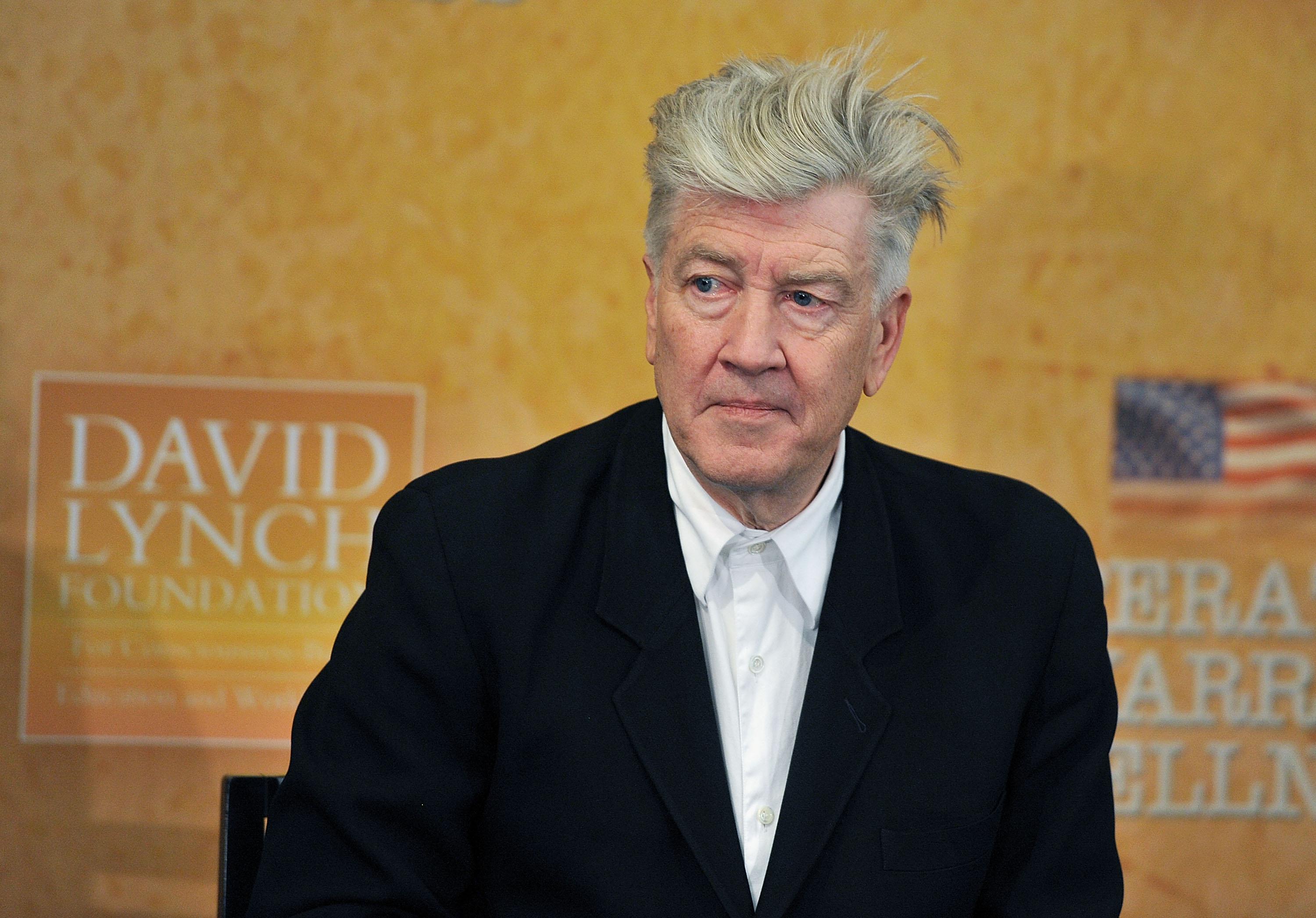David Lynch’s Crazy Clown Time comes out this week. It’s his debut album, but the eccentric director—even if he doesn’t score his own films, like some people—has long been known for his music. The album’s woozy, reverberating guitars will come as no surprise to fans of Wild At Heart; its bouncy, bluesy bass lines would find an audience among the youth of Twin Peaks, and the droning synths could score a nighttime ride down Mulholland Drive. As for the album’s manipulated vocals, those would feel right at home in the Black Lodge. Perhaps the only real surprise is that the album doesn’t contain more finger snaps.
As Bill Wyman points out in his Slate review of the new Blue Velvet Blu-ray, that movie’s infamous severed ear isn’t just a MacGuffin: “It’s also a sign to us the viewers that sound will play a big role in the film’s impact.” From the scores he’s collaborated on with composer Angelo Badalamenti, to the cavernous, white-noise-heavy sound design most prominent in Eraserhead, his soundtracks are as distinctly Lynchian as his cinematography.
Which is to say that his musical choices can be as mystifying as they are unsettling. Taking in a Lynch musical sequence, you might be inclined to shout, Homer Simpson-like: “Brilliant! I have absolutely no idea what’s going on.” But their common themes (a blurring of the line between real and unreal, a mixture of the macabre and the mundane) reveal an undeniable vision. If Lynch uses a lot of songs and looks from the 1950s, it’s not just because he likes rockabilly (he does), it’s also because they’re the cultural equivalent of the greenest lawns in Lumberton—fertile soil for finding the grotesque among the wholesome.
Herewith, five of the greatest musical moments from Lynch’s films and TV series:
Eraserhead (1977) – “In Heaven”
The first big Lynchian music moment, and already nearly all the elements are here: the grotesque makeup, the mid-century style. It’s black-and-white, but you know that curtain is red.
It might require a dissertation to explicate the metaphysics of the scene, but suffice it to say that the woman singing about how “In heaven, everything is fine” seems to live in a dank apartment radiator.
Blue Velvet (1986) – “In Dreams”
Into a microphone that’s actually a lamp, a Pierrot-via-Vegas Dean Stockwell lip-syncs Roy Orbison’s “In Dreams”—with a little help from Dennis Hopper’s Frank Booth. The song’s lyrics (“A candy-colored clown they call The Sandman…”) include at least a couple Lynchian motifs: Dreams and the clowns (see also Inland Empire) that have now made it into the title of his first album. If Stockwell’s vaguely cool, vaguely creepy rendition doesn’t ruin the ballad for you forever, check out Frank Booth quoting it, while brutally assaulting Jeffrey Beaumont (Kyle MacLachlan), in the next scene.
Wild At Heart (1990) - “Love Me Tender”
James performs the love song he’s written, with Donna (his main squeeze) and Maddy (their platonic friend) singing harmony—but is he singing it for Donna or Maddy?
The scene adds up to a sort of spoof of the sensitive type. The falsetto (is it distorted?) underlines James’s own falseness, while the eye-lines slowly reveal it’s not “just you” he’s interested in after all. Before the song can play its last naïve chord, it’s dug up something destructive.
Mulholland Drive (2001) – “Llorando”
In perhaps the one unabashedly beautiful moment in Mulholland Drive, Rebekah Del Rio brings the house down with “Llorando.” In an echo of the “In Dreams” scene in Blue Velvet, the stripped-down performance is also based on a Roy Orbison song (it’s a Spanish version of “Crying”). And when Del Rio collapses and the vocals play on, we realize she too was lip-syncing.
The performance, like so much of the movie (and like movies themselves), is revealed to be an illusion. But that doesn’t take away from its power.
Honorable Mentions: Leland Palmer, whose daughter has just been murdered, tries to cheer up his family with a round of “Get Happy”; Lula and Sailor escape the troubles of the world with “Slaughterhouse”; and long before Platoon made it a cliché, Samuel Barber’s Adagio for Strings serves as a lullaby for The Elephant Man.
